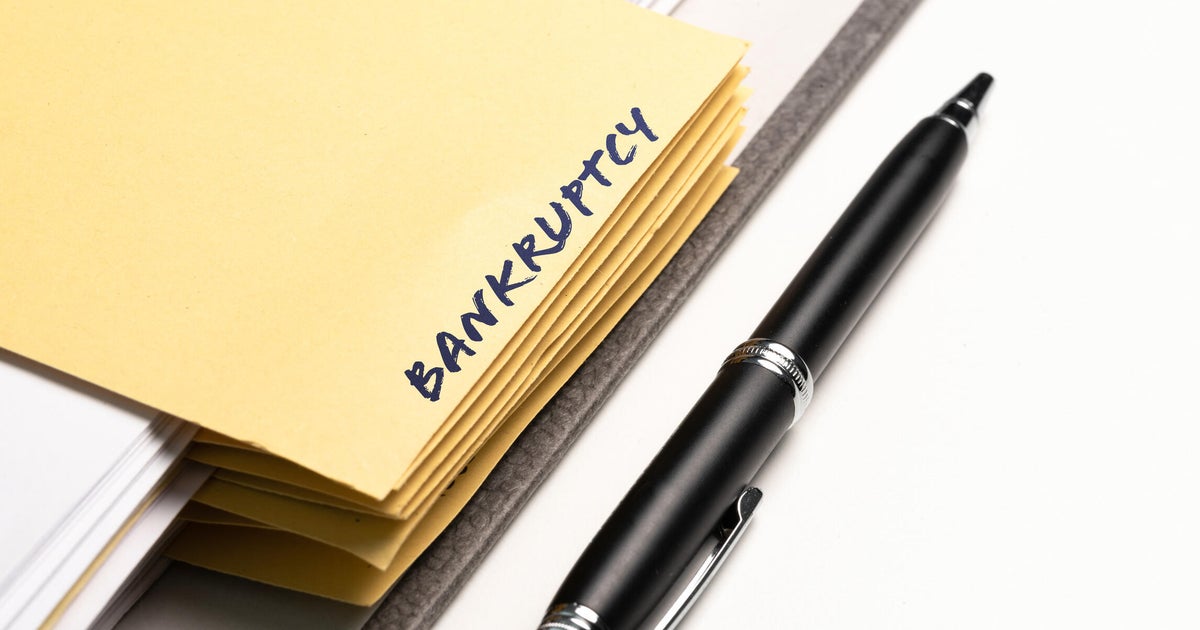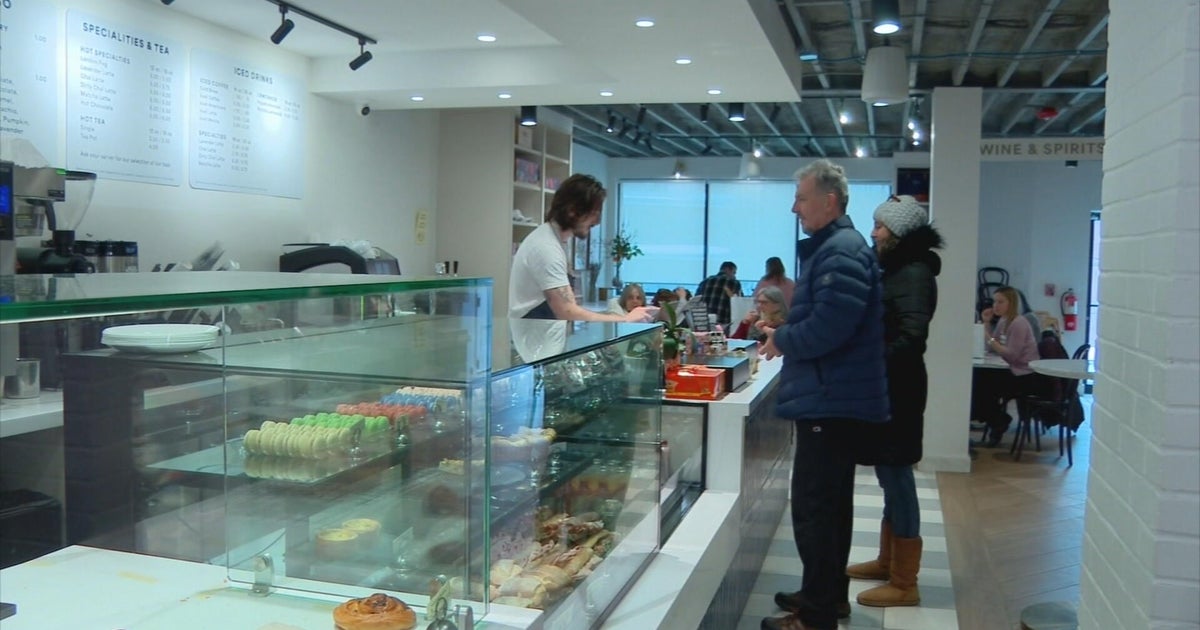Bankrupt Hertz is one of the market's hottest stocks. That's a bad sign
Shares of the sputtering rental car company Hertz, which filled for bankruptcy protection last month, rose as much as 40% Friday to $3 on news it wants to sell investors nearly 250 million additional shares on top of the 150 million available now. And that's just latest spectacular rise in the struggling company's stock.
Shares are up a staggering 400% since May 26, the first trading day after Hertz drove into bankruptcy court with $19 billion in debt and just $1 billion in cash on hand. The overall stock market is up just 0.5% in the same time.
This is not how the stock market is supposed to work.
Numerous market watchers are pointing to Hertz's stock spike as the latest sign of growing investor irrationality in the wake of the spread of the coronavirus. Economist Paul Krugman said the Hertz stock sale reinforced the idea that the stock market was in some kind of bubble.
Earlier this week, the S&P 500-stock index was up as much as 43% from the U.S. market's mid-March lows, even as America's unemployment rate climbed and much of the economy remained closed. The technology-heavy Nasdaq composite hit an all time high.
Companies that have seen their stock prices reach new heights include electric auto company Tesla, with shares at $1,000 this week, making it the most valuable car company in the world. Tesla, founded in 2003, has yet to deliver a profitable year.
On Thursday, though, a rise in the number of coronavirus cases in states not previously hit hard by the pandemic caused the Dow Jones Industrial Average index to drop 1,800 points. But soon enough the Dow was up again, rising nearly 500 points to 25,589 on Friday.
Why Hertz plan is hurtin'
Hertz is a particularly odd case. The company filed for bankruptcy last month with a net worth of negative $3 billion based on the stated value its tangible assets, such as its fleet of more than 750,000 cars. A number of bankruptcy experts have said they can't remember a time when a company in bankruptcy court was able to sell fresh shares.
Hertz said it wants to raise as much as $1 billion with the stock offering. At the current $3 a share, and 250 million shares to sell, Hertz's offering is more likely to generate $750 million.
Hertz has $4.3 billion in debt not tied to its vehicles. That's the debt that has landed the company in bankruptcy. The offering would bring that down to just over $3.5 billion.
With Hertz's $1 billion in cash on hand at the end of March, that further whittles the debt it still can't pay off to just over $2.5 billion.
The way bankruptcy typically works is that bond holders, the company's lenders, get paid back first. Right now, Hertz's bonds are trading at roughly 50 cents on the dollar, meaning the market thinks bond holders will get back about half of what they are owed, or $1.25 billion. Whatever the bond holders don't get paid back they typically swap for shares in the restructured company, diluting the ownership stakes of current shareholders.
The problem is that even after the new stock offering the amount Hertz still owes to bond holders will be more than the value of all of its shares combined. Assume the new stock sells at roughly $3 a share. That means all 400 million Hertz shares would be worth a total $1.2 billion. The math suggests the most likely outcome of the Hertz bankruptcy is that shareholders will be completely wiped out, and then some.
Good things could still happen. The stock could rise, allowing Hertz to raise more money and erase more of its debt. Given the pandemic, analysts are expecting the company will lose $750 million this year. But if the coronavirus eases, and the travel business snaps back, that loss could shrink.
Jay Ritter, a professor of finance at the University of Florida whose academic specialty is stock offerings, said patient investors may ultimately profit, but they are putting themselves in a risky situation. Stock offerings usually benefit shareholders by providing a company with fresh cash to grow their operations and earnings,. That's not the case with Hertz. The main beneficiary of its offering will be its creditors.
"If Hertz has enough going-concern value, a bankruptcy judge could potentially approve a business plan in which bonds not maturing soon continue to get paid interest, and if the company becomes profitable, both the stockholders and bondholders eventually gain," Ritter said. "Still, very unusual."
Bottom line: Investors appear willing to tow a stuck-in-the-mud Hertz at a time when the economic road ahead looks muddier than ever. Just another sign that we are in unusual times.



